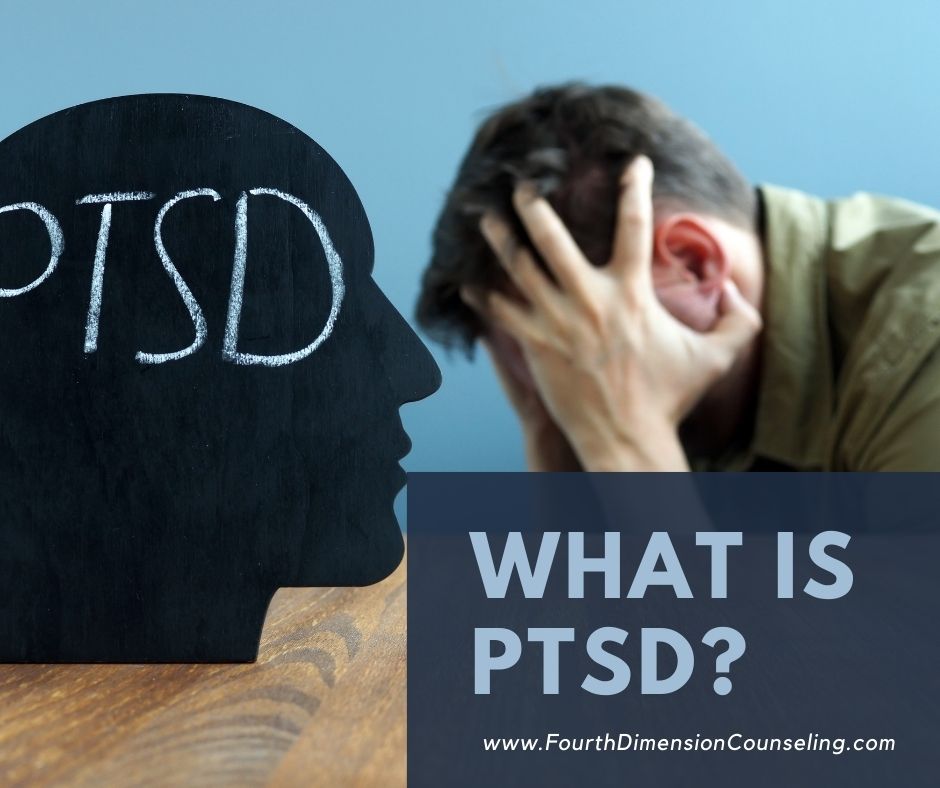PSTD is an acronym that means Post-Traumatic Stress Disorder. It is a mental health disorder characterized by the inability to recover from experiencing or witnessing a terrifying event. This psychiatric condition is triggered by terrifying events, causing flashbacks, nightmares and uncontrollable thoughts about the event. Many at times, people who go through or witness traumatic events get better over time even though they might have had difficulty coping and adjusting earlier. You may have PTSD if the symptoms get worse, last for months or even years and interfere with your day-to-day activities. Examples of events that can lead to PTSD include combat exposure, sexual violence, childhood physical violence, accident, robbery, kidnapping etc.
SYMPTOMS
Symptoms of PTSD may start to manifest within one month of witnessing or experiencing the event. Other times, the symptoms may not appear until years later. These symptoms may become so severe over time that they start to affect daily activities and may cause significant problems in work and social relationships. Symptoms of PTSD are categorized into intrusive memories, avoidance, negative changes in thinking and mood and changes in physical and emotional reactions. The intensity of the symptoms may vary depending on the individual and over time.
Intrusive memories include unwanted distressing memories of the event, having flashbacks and nightmares about the event, severe physical and emotional reactions to triggers.
Avoidance involves attempting to avoid thinking or talking about the event and avoiding places, people or activities that remind one of the events.
Symptoms of negative changes in thinking and mood include negative thoughts about yourself, hopelessness, emotional numbness, feeling detached from family and friends etc.
Changes in physical and emotional reactions include trouble sleeping, trouble concentrating, being easily startled, self-destructive behavior etc.
CAUSES
PTSD can be developed when one goes through, witnesses or learns about an event that involves death, life-threatening situation, serious injury or sexual violation.
PTSD may be caused by a fusion of stressful experiences including the amount and severity of trauma experienced, inherited mental health risk such as a family history of anxiety, inherited features of one’s personality e.g temperament, the brain’s regulation of chemicals and hormones in response to stress.
PREVENTION
Many people who get exposed to traumatic events, suffer PTSD like symptoms at first. Some are unable to stop thinking about what happened. People react to trauma in different ways; fear, anger, depression, guilt. The majority of people exposed to trauma don’t develop long term PTSD.
It is important to get the needed support and help on time before these reactions to trauma develop into something as severe as PTSD. If needed, talk to friends and family you can confide in and will comfort you, write down your thoughts, seek the services of a mental health professional, go for therapy.
If you have disturbing thoughts and experience severe symptoms of PTSD for more than a month and you feel like it is interfering with your life, talk to your doctor or see a mental health professional. It is important to get treatment as soon as possible to prevent the symptoms from getting worse.
[button link=”https://fourthdimensioncounseling.com/contact-seattle-tacoma-kirkland-wa/” type=”big” color=”silver”] Schedule a Consultation Today[/button]
